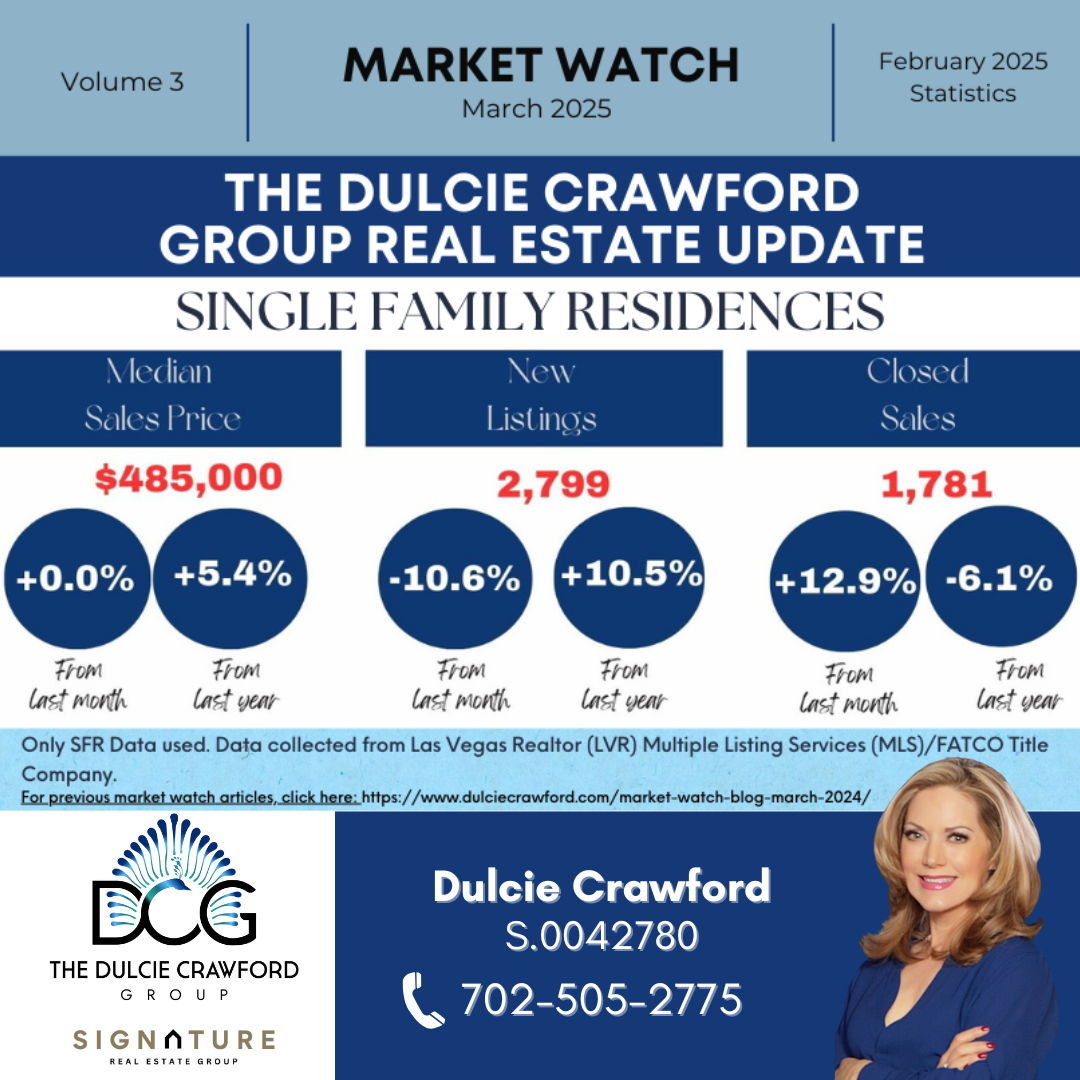Feds and Groundhog Hint at Changes Next Month
On Groundhog Day a few days ago, the rodent seer Punxsutawney Phil saw his shadow, predicting six more weeks of winter. That would put spring arriving on March 16, smack dab between the Ides of March and St. Patrick’s Day.
The Ides of March represents doom while St. Paddy’s Day is all about luck. Which is quite appropriate, because everything is a mix of positives and negatives.
Meanwhile, the Federal Reserve recently announced that while they aren’t increasing interest rates right now, they might do that “soon.”
“With inflation well above 2% and a strong labor market, the Committee expects it will soon be appropriate to raise the target range for the federal funds rate,” the Fed wrote in a statement. “The Committee decided to continue to reduce the monthly pace of its net asset purchases, bringing them to an end in early March.”
In other words, the groundhog and the Federal Reserve are both looking at changes in March.
But is it Groundhog Day like the movie … where we experience déjà vu over and over again? Basically, yes … because we can watch and predict certain patterns.
How Does COVID Affect the Economy?
The coronavirus has been intricately linked with our financial world since the beginning. From stimulus payments to Pandemic Unemployment Assistance (PUA) to Paycheck Protection Program (PPP) loans, the government has thrown money at the pandemic like medicine designed to heal the country.
As a result, mortgage rates have been kept low. This prompted a snowball effect that caused a real estate buying frenzy and skyrocketing home values over the past year. But, as society returns to normal (or at least a “new normal”), these extremes are getting walked back.
“Indicators of economic activity and employment have continued to strengthen,” the Fed stated. “The sectors most adversely affected by the pandemic have improved in recent months but are being affected by the recent sharp rise in COVID-19 cases.”
The central bank went on to describe solid job gains and declining unemployment rates, as well as elevated inflation levels due to pandemic-related imbalances in supply and demand. They predict inflation reduction in line with COVID being brought under control and caution that new variants could negatively impact the economy again.
In other words, if COVID cases increase, so do inflation and unemployment rates. As COVID is brought under control, inflation goes down and jobs go up.
How Does All This Affect Interest Rates?
Inflation and interest rates have a love-hate relationship of sorts. They’re intricately linked, but move in opposite directions.
“There is a general tendency for interest rates and the rate of inflation to have an inverse relationship,” explains Investopedia. “In general, when interest rates are low, the economy grows, and inflation increases. Conversely, when interest rates are high, the economy slows and inflation decreases.”
Which means it’s not a stretch to expect the Fed to implement an interest rate hike if they suspect inflation is leveling off. So while we might be happy to see an end to out-of-control inflation, that also means we can say sayonara to the low interest rates that have fueled the real estate hysteria of late.
What Goes Down Must Come Up (And How to Respond)
Obviously it’s not sustainable for interest rates to remain super-low forever. So while we might enjoy them, we have to accept that rates will likely be rising “soon,” as the Federal Reserve states.
The bigger question here is, how does this news affect your next move when it comes to real estate goals?
Buyers Should Buy Now
If you’re a buyer, it makes sense to buy now before rates increase. Yes, you might have to pay a higher price for your house, even going above the asking price. But over the next 30 years of your mortgage, the low rate you can lock in now will more than pay for the higher ticket price.
Sellers Should Sell Now
If you’re selling your house, you’re also better off finalizing that sale as soon as possible. Buyer interest rates won’t affect you, but they will encourage buyers to bid higher, which directly impacts your bottom line.
So whether you’re buying or selling, now is the time to make your move.
Find Out How the Economy Affects Your Real Estate Goals
It’s always best to leverage a professional when you’re dealing with complicated things like buying or selling a home. This isn’t your weekly grocery run … your house is your home, and could be in your family for generations.
Dulcie Crawford is a native of Las Vegas with over 23 years of local real estate expertise. She understands the city and its trends and opportunities more than anyone, including how the economy responds to social events. She can explain clearly and simply how interest rates and inflation change, and what that means for you as a home buyer or seller trying to reach your real estate goals.
For more information about the current housing market conditions, properties featured on this blog, our Hot Market Listings or to schedule a tour, please contact Dulcie Crawford directly at (702) 505-2775.

















